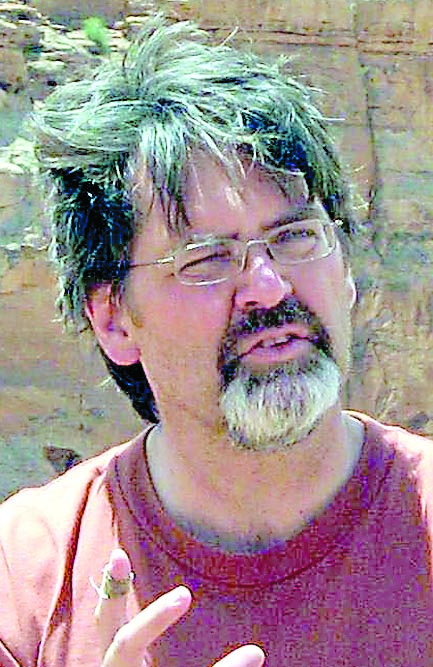SEATTLE — Jeff Crane, a Texas professor who was once a teenager roaming alongside the Elwha River, is feeling gratitude for two kinds of praise.
His book Finding the River: An Environmental History of the Elwha was named a finalist for the 2012 Washington State Book Award, a prize bestowed by the Seattle Public Library’s Washington Center for the Book (www.SPL.org).
He also remembers fondly the reception he and his book received in Port Angeles this summer.
His book was up against a formidable lineup.
A Strange Stirring: The Feminine Mystique and American Women at the Dawn of the 1960s, by Stephanie Coontz of Olympia; Atomic Frontier Days: Hanford and the American West, by Seattle’s John Findlay and Bruce Hevly; and Feathers: The Evolution of a Natural Miracle, by Thor Hanson of Friday Harbor, were also finalists in the history/general nonfiction category.
The winner, announced last week, is In the Garden of Beasts: Love, Terror and an American Family in Hitler’s Berlin, by Erik Larson of Seattle.
Crane, who teaches environmental history at Texas’ Sam Houston State University, was pleased by the center’s recognition — and said he felt as honored by the people he’s crossed paths with here.
Crane first discovered the Elwha at age 16, when he left his family’s Whidbey Island home to go exploring on the Olympic Peninsula.
While walking up the road west of Port Angeles, he met a group of tribal members — of which tribe he didn’t recall — who welcomed him and fed him lunch.
Many years later, Crane returned with his wife to camp at Humes Ranch, a peaceful riverside spot; still later, he came back to conduct his book research.
This past June, Crane came back for a quick visit to the Elwha and to give a reading, sponsored by Alan Turner of Port Book and News at the Port Angeles Library.
“It was a wonderful trip,” Crane said.
“The reception I received from the audience at the reading and Alan’s generosity were one of the best experiences I have had as an academic.
“People were nice, excited, very complimentary, and many of them had their own stories to tell about their efforts to restore and protect salmon.”
About 80 people came to hear him read, Crane estimated, and for an environmental history book, “that is just not common.”
________
Features Editor Diane Urbani de la Paz can be reached at 360-452-2345, ext. 5062, or at diane.urbani@peninsuladailynews.com.
